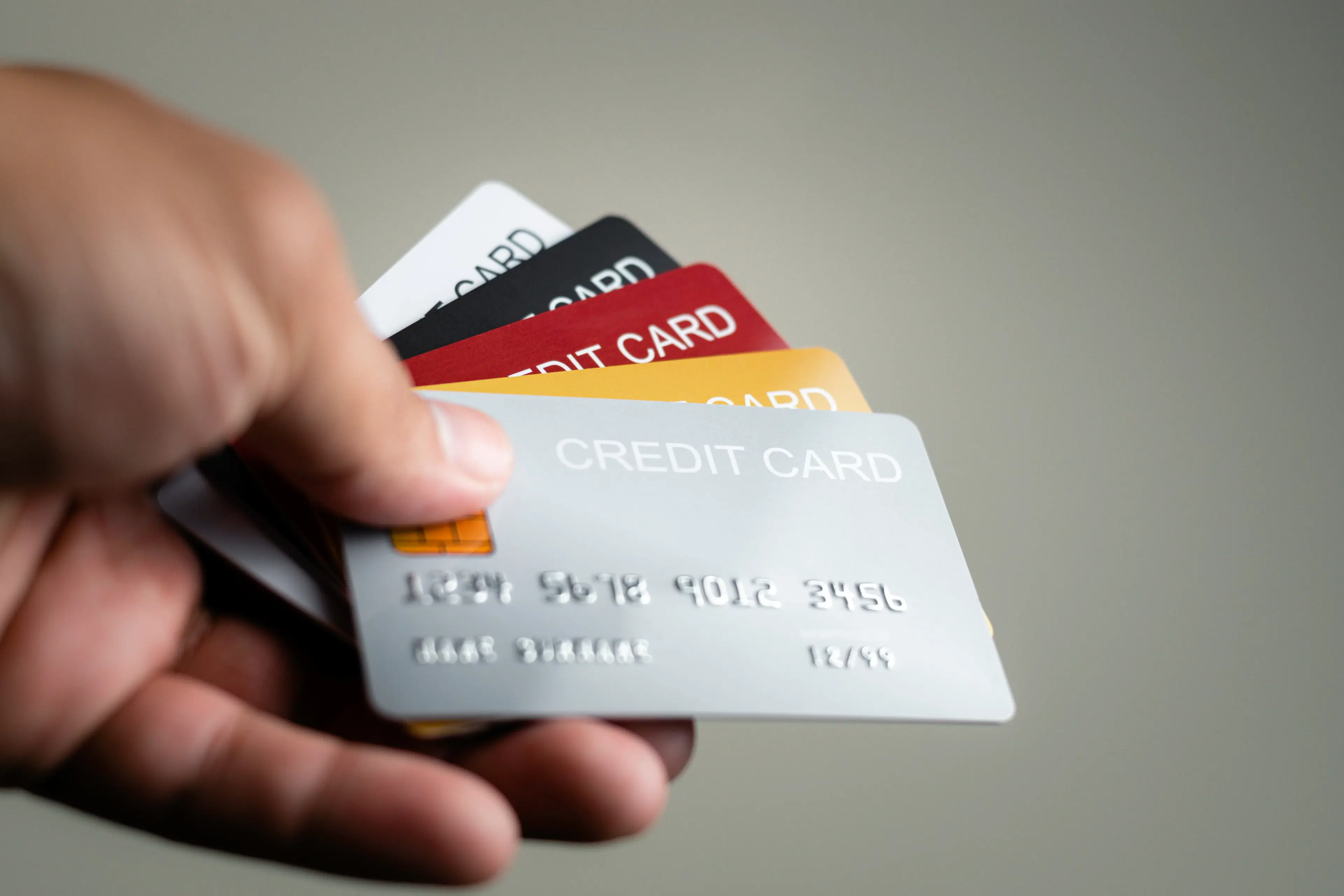
Cards
•04 min read
-ed507771-df04-4fb3-9af5-bae11cb611a6.png&w=3840&q=75)
Credit cards have become a cornerstone of modern personal finance, offering a convenient way to manage transactions and build financial credibility. A credit card is a financial tool that allows you to borrow money up to a pre-approved limit to make purchases or pay for services. Discover what credit card meaning in banking truly entails and how the Tata Neu HDFC Bank Credit Card can simplify your financial journey. This post aims to demystify the credit card meaning in banking, explore the different types available, and provide practical tips for responsible usage.
A credit card is essentially a revolving line of credit offered by a financial institution. When you use it, the issuer pays for your purchase first, and you repay the amount later. For example, if you buy a ₹10,000 appliance using your credit card, the issuer settles the bill with the merchant immediately, and you repay the issuer when your monthly statement arrives.
Credit cards operate on the principle of credit. Unlike a debit card, which uses funds directly from your bank account (What is debit card), a credit card extends borrowed funds to you, subject to a credit limit. This difference between using your own money and borrowing funds is pivotal in understanding the credit card's role in banking.
Here are the basic steps in the life of a credit card:
The issuer assigns a credit limit, creating a pool of funds you can access.
You use your credit card for transactions, whether for shopping, dining, or travel.
At the end of each billing cycle, you receive a statement detailing your spending.
You can choose to pay the full amount to avoid interest or pay a minimum, with the remaining balance incurring interest charges.
Each card comes with important details such as a card number, CVV, an expiration date, and clearly defined billing cycles. This mechanism ensures you can enjoy the benefits of immediate payment for later settlement.
Credit cards come in various forms designed to suit different needs. Here are some common types:
Rewards Credit Cards: Earn points that can be redeemed for travel, merchandise, or other offers.
Cashback Credit Cards: Receive a percentage of your spending back as cash rewards.
Travel Credit Cards: Benefit from air miles and travel-related discounts, alongside travel insurance.
Fuel Credit Cards: Save on fuel purchases through discounts or cashback.
Secured Credit Cards: Backed by a security deposit, these are ideal for building your credit history.
Business Credit Cards: Designed for business owners with higher limits and expense tracking features.
Co-branded Credit Cards: Offer exclusive benefits tied to specific partner brands, such as the Tata Neu HDFC Bank Credit Card.

Selecting the right card depends on your spending habits and financial goals. If you travel often, a travel credit card might be the best fit. On the other hand, if you prefer earning cash rewards, a cashback credit card is likely more suitable. Eligibility typically depends on factors like income, credit score, and proper documentation.
Credit cards bring several benefits to the table:
Convenience: Credit cards are accepted widely for both online and offline transactions.
Reward Points and Cashback: Earn rewards on expenditure, making your spending work for you.
Enhanced Security: Enjoy features like fraud detection and purchase protection.
Build Credit History: Timely repayments can help improve your credit score over time.
Interest-Free Period: If you clear your balance in full during the billing cycle, you can avoid interest charges.
Emergency Funds: Access a pre-approved line of credit in times of financial need.
Despite their benefits, credit cards come with potential drawbacks:
High Interest Rates: If you do not pay your full balance, interest starts accruing, making unpaid balances costly.
Debt Accumulation: It is important to spend within your means to avoid falling into debt.
Various Fees and Charges: Annual fees, late payment fees, and foreign transaction fees can add up.
Risk of Fraud: Unauthorized transactions can occur if card details are compromised.
To make the most of your credit card benefits, consider the following practices:
Pay your bills on time to avoid late fees and additional interest charges.
Keep your credit utilization below 30% of your total limit, ensuring a healthy credit profile.
Review your statements regularly to spot any unauthorized transactions.
Spend within your means to avoid uncontrolled debt accumulation.
Monitor your credit score periodically to understand how your usage impacts it.

Avoid these pitfalls to ensure your credit card remains a helpful tool rather than a burden:
Missing payment deadlines, which can lead to late fees and a lower credit score.
Maxing out your credit limit, which can harm your credit utilization ratio.
Overlooking the fine print of card terms and conditions, including hidden fees.
Using credit for non-essential purchases, which can lead to unnecessary debt.
Debit cards draw money directly from your bank account, while credit cards provide access to borrowed funds up to a set limit, requiring repayment later.
Report it immediately to your card issuer to prevent any unauthorized transactions and reduce liability.
Using your credit card responsibly for small purchases and paying off the balance in full each month can help build a strong credit history.
Yes, but cash withdrawals, also known as cash advances, often incur high fees and interest rates, making them an expensive option.
Missing a payment may result in late fees, increased interest rates, and potential negative impacts on your credit score.
Credit cards are a versatile financial tool with immense benefits when used responsibly. They offer convenience, rewards, and enhanced security, but it is essential to be mindful of the repayment terms, interest rates, and fees involved. By understanding the credit card meaning in banking and following responsible usage practices, you can enjoy the advantages of these financial instruments while building a healthy credit profile.